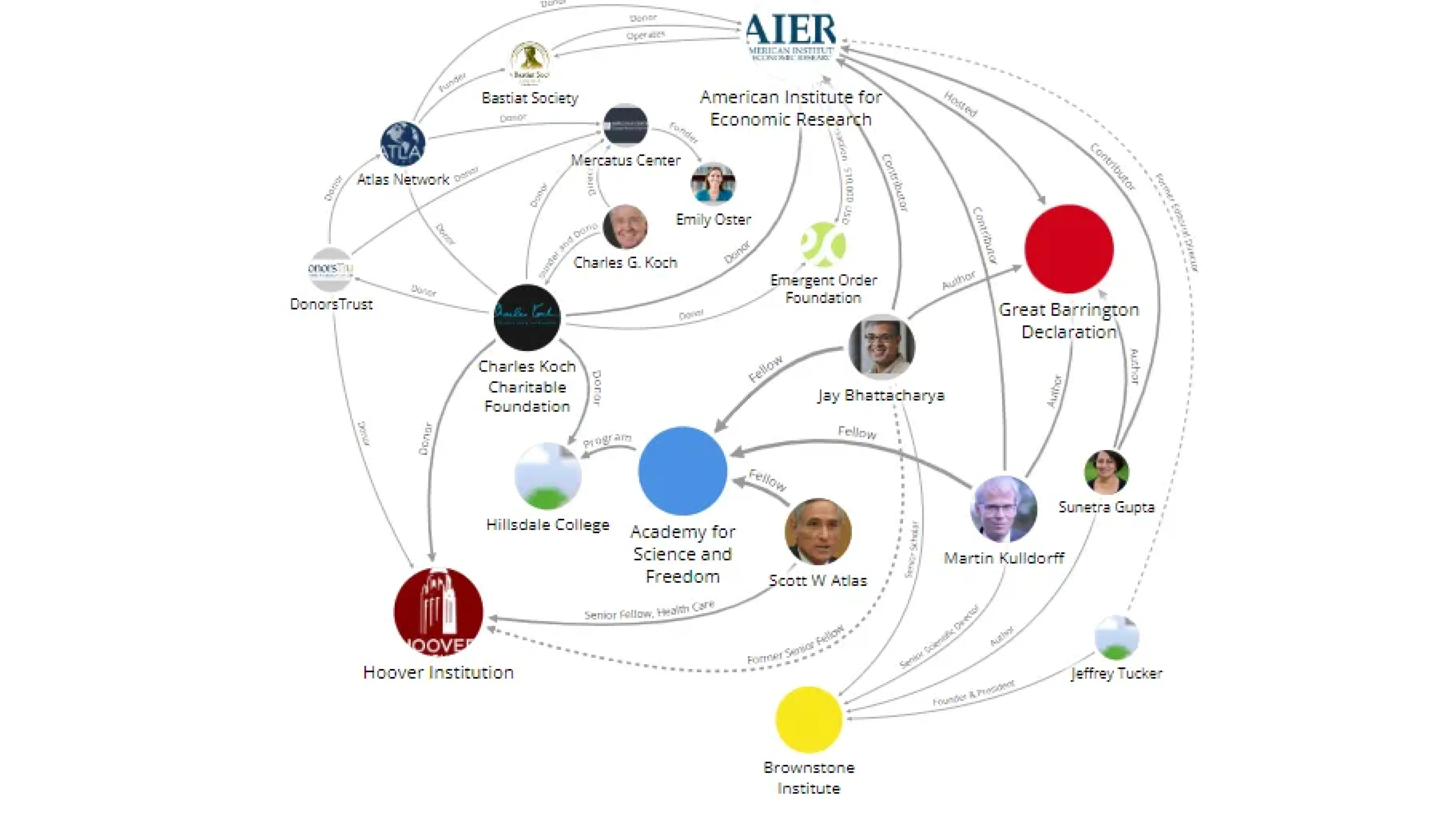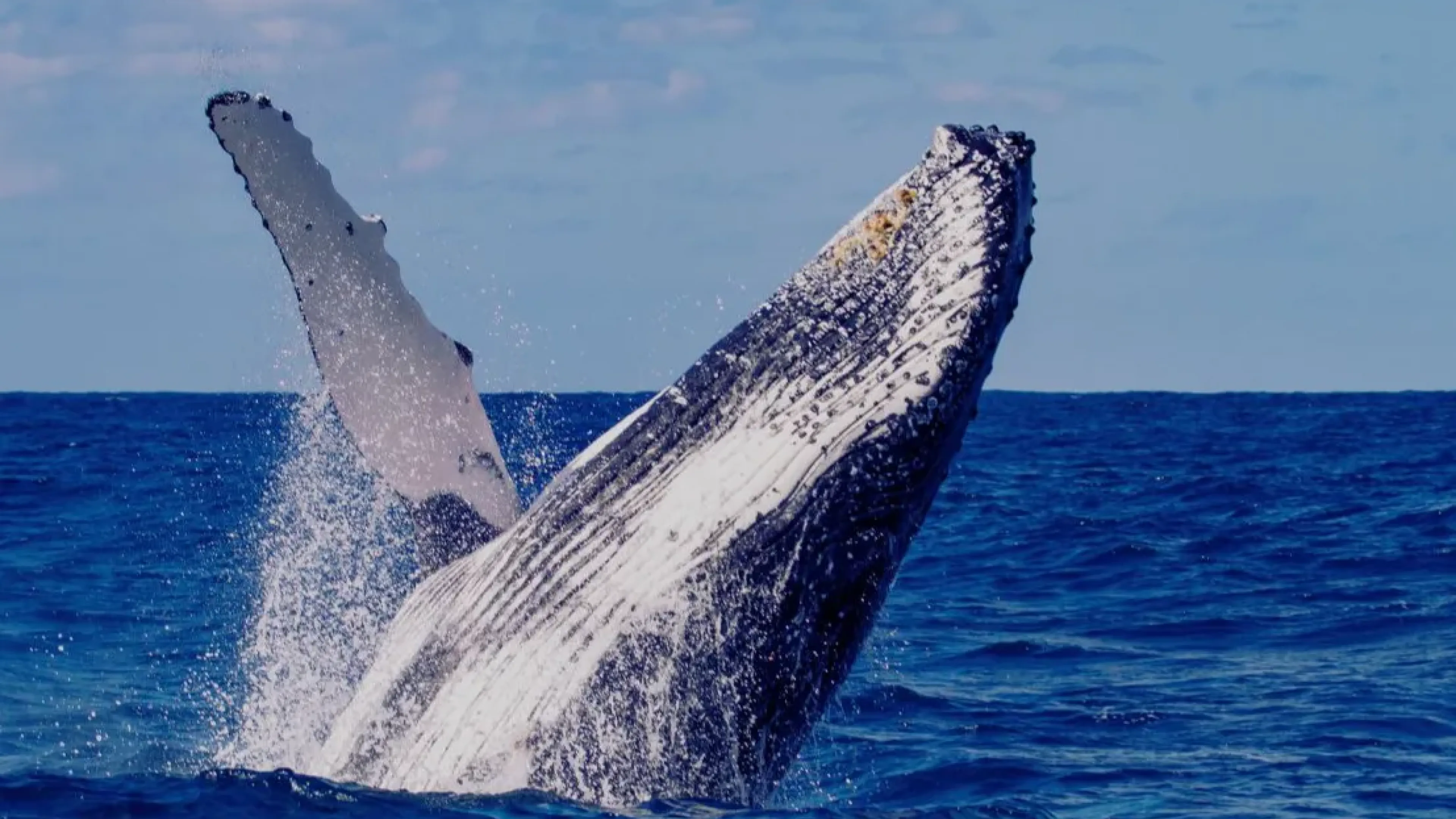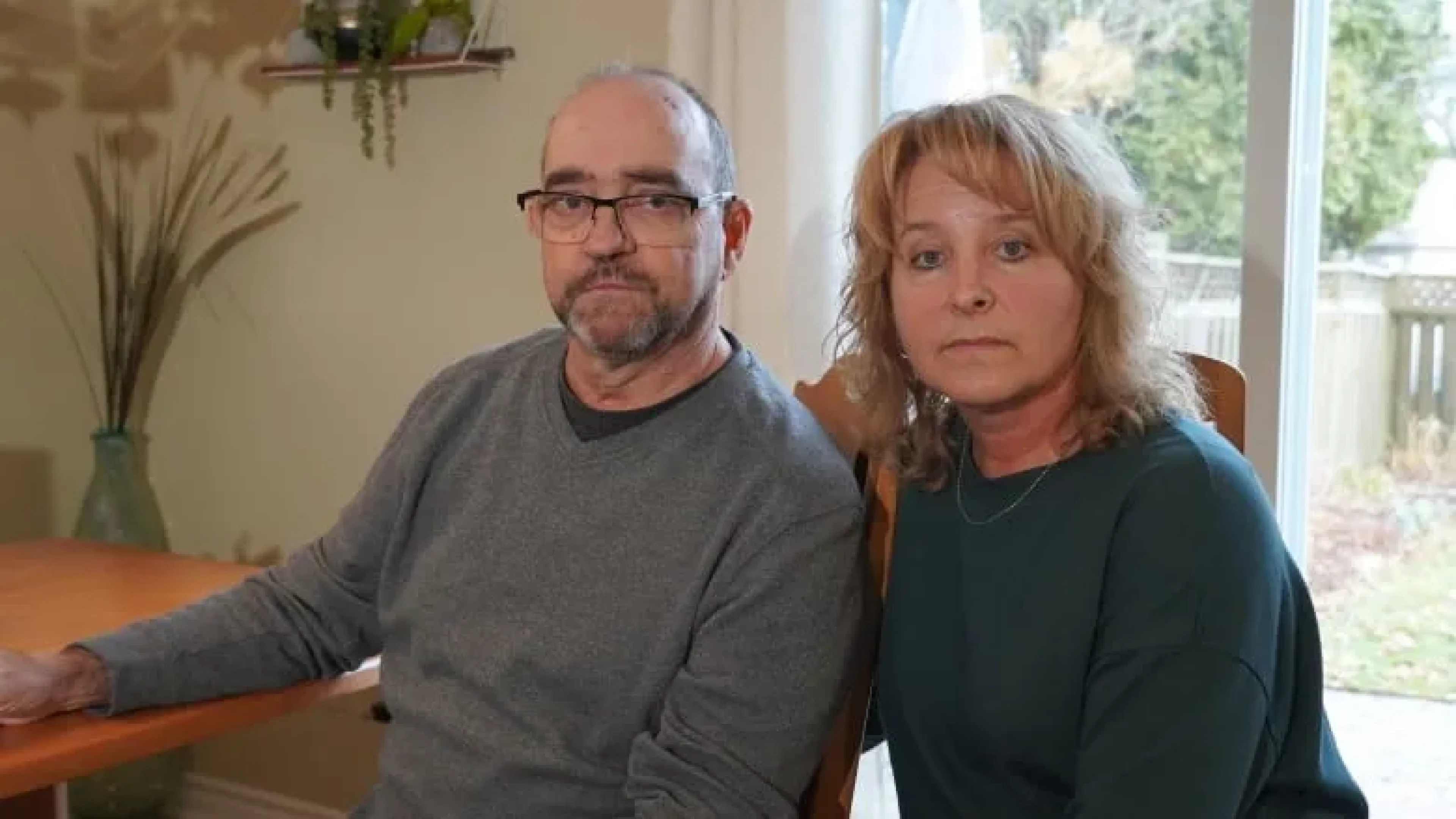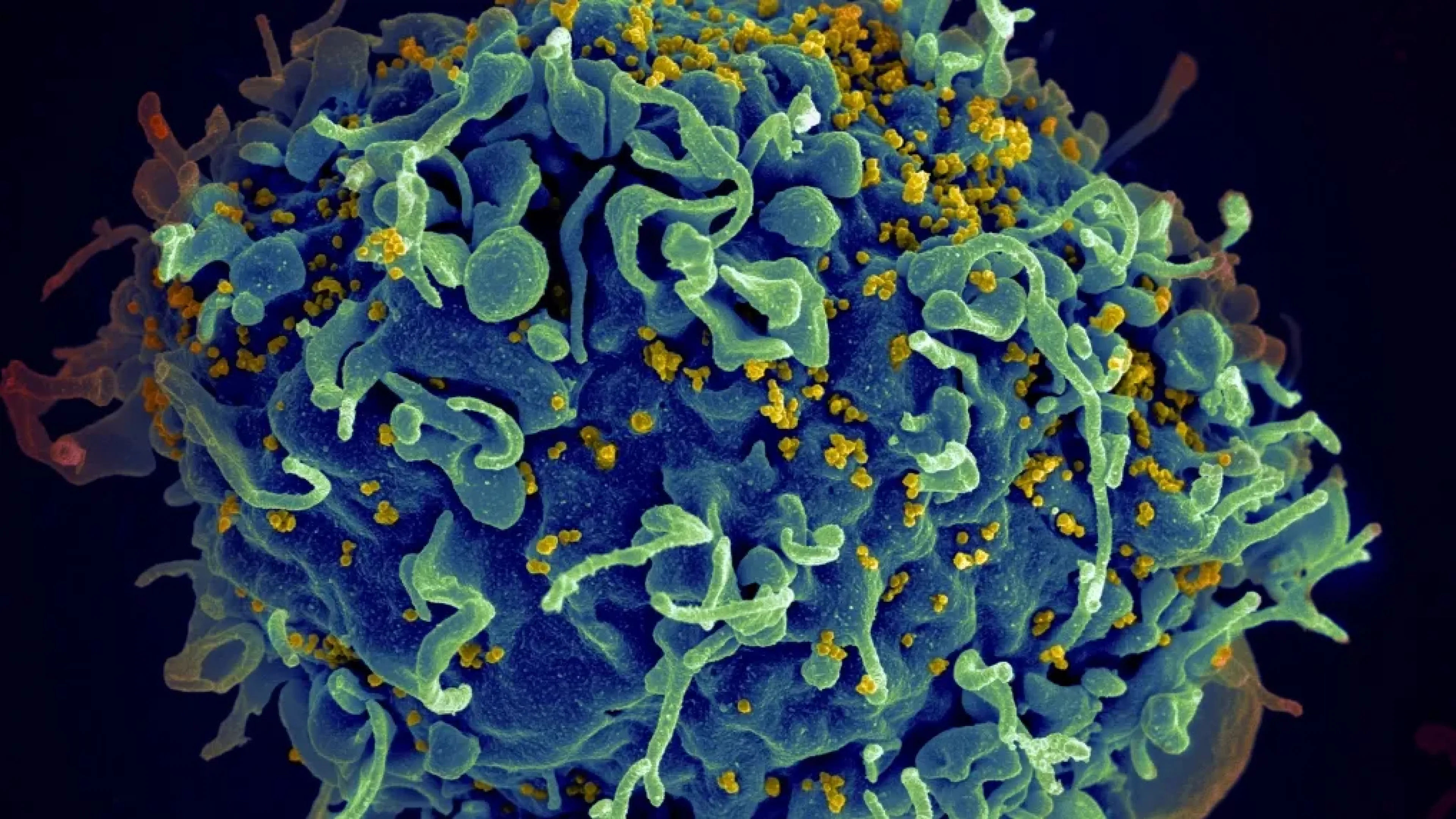You’re reading the web version of our email briefing on health policy, science and medical news. Sign up to get it next week.
Hi Healthwatchers 👩⚕️👨⚕️
Nice to be back with you after last week’s break.
This week’s top story could reshape the future of corporate responsibility in Canada.
A Supreme Court ruling clears the way for B.C. to sue opioid manufacturers. It’s a decision that could also empower provinces to take on other industries, far afield from Pharma. On the other hand, it might open the door to politically motivated lawsuits that erode the boundaries between federal and provincial jurisdiction.
Let’s unpack the week.

The Supreme Court of Canada upheld B.C.’s right to sue opioid manufacturers on behalf of other provinces and the federal government.
Why it’s important: The ruling allows B.C. to file a class-action alleging pharma companies falsely marketed opioids as being less addictive than they are. The suit could result in reparations to fund addiction treatment and harm reduction programs countrywide.
The decision is historic as it allows one province to lead a lawsuit on behalf of others. It raises questions about whether, for instance, Quebec could now sue Meta on behalf of the country, alleging the company knowingly addicted children to its products, resulting in systemic impacts to youth mental health?
Read more…

Donald Trump nominated health economist Jay Bhattacharya to lead the National Institutes of Health.
Why it’s important: Bhattacharya’s background as a libertarian-aligned economist raises questions about how he’d direct the world’s largest funder of medical research.
Though Bhattacharya leverages his credentials to add a veneer of scientific credibility to his political efforts, he did not complete a medical residency and is neither a practitioner of clinical medicine nor a biomedical researcher. He is best known for co-authoring the Great Barrington Declaration and campaigning for a “natural immunity” strategy against COVID. Public health leaders warn his leadership could dismantle NIH’s scientific integrity and politicize its research.
Read more…

Elephants and whales have evolved unique cancer-suppressing mechanisms.
Why it’s important: Elephants have multiple copies of a cancer-fighting gene called TP53, while whales have powerful immune systems that catch cancer early. By studying these defenses, researchers hope to create safer, more effective therapies (for people).
Elephants’ extra TP53 genes are non-functional DNA sequences, or pseudogenes. But these might still play a role in cancer resistance by interfering with cancer cells’ ability to hijack normal cellular processes. "Junk DNA,” long considered biologically irrelevant, could actually be key to cancer suppression.
Read more…

Ontario is permanently authorizing Resident Support Personnel (RSPs) in long-term care homes, sparking fears over care quality and workforce exploitation.
Why it’s important: Critics warn the move presents risks to patient safety and signals a troubling trend towards the de-skilling of care staff. The lack of regulations on staffing agencies adds another layer of concern.
Initially an emergency pandemic measure, RSPs are now able to perform direct care tasks without any training. Internal government documents place emphasis on providing a business case for the permanent integration of RSPs into the workforce, while acknowledging the threat posed to the wages of Personal Support Workers.
Read more…

Canada Post suspended insurance benefits for striking workers. Now Marc Caron’s family is spending $2,000 a day for his cancer treatment.
Why it’s important: Suspending benefits during strikes leaves vulnerable workers in crisis. Caron’s story raises questions over who should pick up the tab in these cases.
There’s some missing information here, such as which medication(s) is/are costing Caron so much, and whether or not he can recover costs through a provincial program. What’s clear is that as the strike drags on, health care access becomes a casualty for workers and families.
Read more…

Researchers in Montreal have developed a “shock and kill” strategy to target HIV, offering a new path toward a potential cure.
Why it’s important: Current treatment eliminates active virus from the body, but reservoirs of dormant virus remain. If treatment is stopped, the virus comes back. A new method "shocks" dormant HIV out of hiding, making it susceptible to treatment.
Using a molecule initially developed for cancer, the team reactivated dormant HIV and made infected cells vulnerable to destruction in lab tests. While still in early stages, the novel approach reduced reservoirs in treated mice, delaying the virus's return after stopping conventional antiretroviral treatment. Good news on World AIDS Day. 🎗️
Read more…
And that’s it for this Weekly Dose. Was it helpful?
If yes, why not give someone in your life the gift of timely, comprehensive health news!
I’ve got some more good news to share. Healthwatch’s news feed is now more customizable. In addition to sorting stories by topic, you can filter your feed to see the news that’s most relevant to which part of the country you’re in.
We’re working on a bunch of features to make it easier for you to stay informed.
I always love to hear from our readers and site-users, so if you have thoughts on any of this, please reach out.
See you in a week,
Nick Tsergas, Editor
Canada Healthwatch
[email protected] | canadahealthwatch.ca
Stay informed.
On the most important developments in Canadian health.
Get Canada’s essential briefing on health policy, science, and system change. Get Briefing